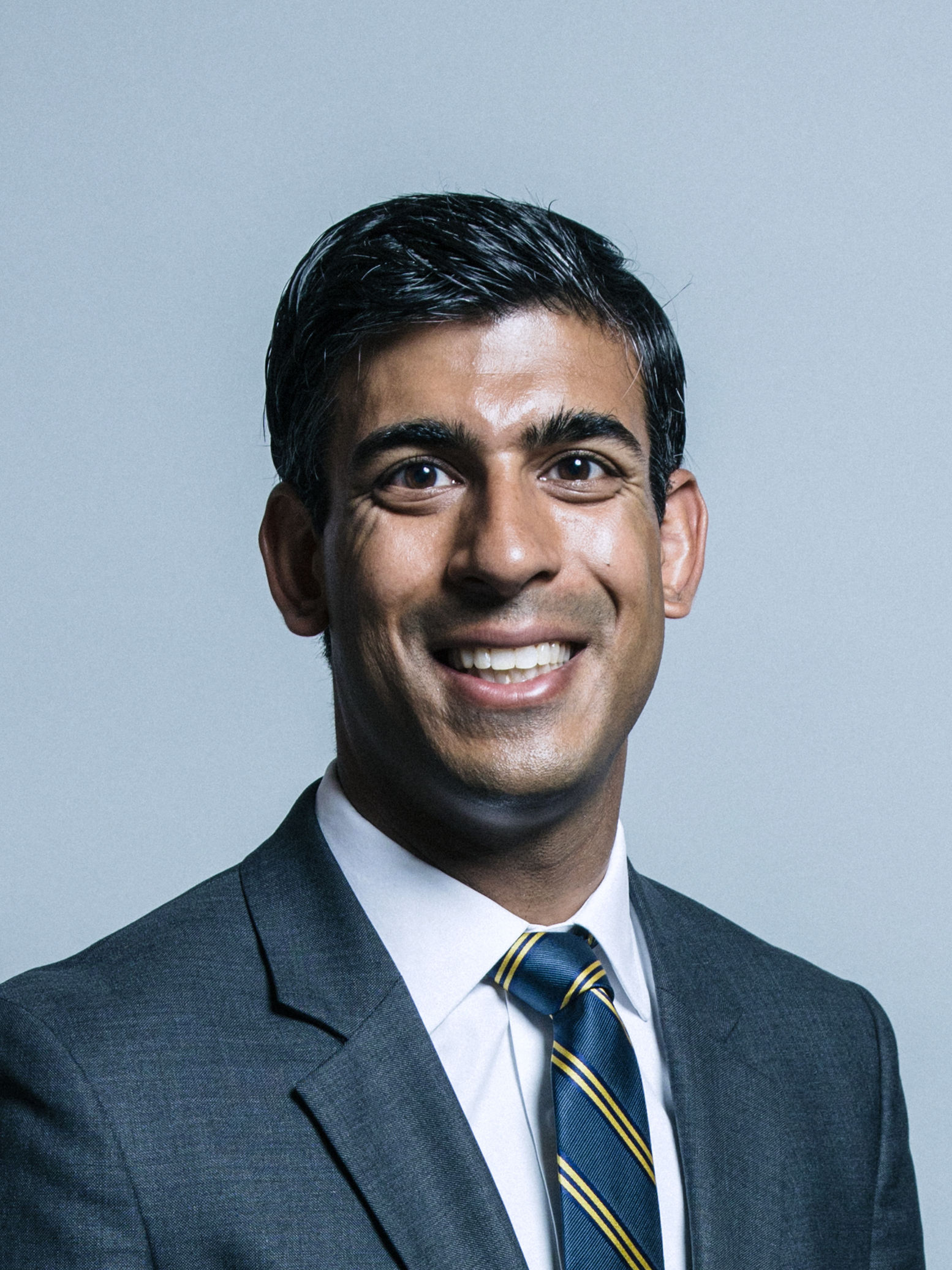Future generations of older people are more likely to live in rented accommodation than today, according to new data from the Office for National Statistics (ONS).
In 2017, almost three-quarters of over-65s in England owned their home outright, with just 6% renting from a private landlord, but people aged in their 30s and 40s are now less likely to be homeowners than in the past and much more likely to be renting, according to the ONS.
If these trends continue, the ONS added that it expects to see far more older people renting from private landlords in the future.
Newly published figures revealed that over-60s who own their home outright were more likely to have savings and investments (77%) compared to those who rent privately (44%). A quarter of older households that own outright were also found to have at least £50,000 in savings and investments.
The ONS data showed that 58% of older people in privately rented accommodation have housing costs above £6,000, compared to only 36% who own with a mortgage, while 18% of older people in privately rented homes are in fuel poverty, compared to 13% who own with a mortgage, and 6% who own outright.
Commenting on the latest ONS data, Hargreaves Lansdown senior analyst, Nathan Long, said: “Future retirees are more likely to be renting when they come to retirement, which won’t be good for their health, wealth or standard of living.
“A combination of higher house prices and stretched pay packets mean younger generations are taking longer to get on the housing ladder, with some never able to own their own home. Home owners report better health in their 60s than those who rent – with evidence suggesting that poorer quality rented accommodation could be a contributing factor.
“The Government has taken big strides towards reducing pensioner poverty through automatic workplace pension saving, but this serves as a stark reminder that people’s finances are more overarching than simply looking at housing or pension saving in isolation. Starting a small saving habit at a young age is the best way of having greater control over your financial future as you get older.”
Latest News
-
Average UK house price surpasses £300k – Halifax
-
Bank of England holds base rate at 3.75%
-
Mortgage Advice Bureau acquires Dashly
-
Bridging loans fall to lowest average completion time in eight years
-
Regulators announce first six firms to join ‘Scale-Up Unit’
-
House prices recover month-on-month in January – Nationwide
Perenna and the long-term fixed mortgage market

Content editor, Dan McGrath, spoke to head of product, proposition and distribution at Perenna, John Davison, to explore the long-term fixed mortgage market, the role that Perenna plays in this sector and the impact of the recent Autumn Budget
The role of the bridging market and technology usage in the industry
Content editor, Dan McGrath, sat down with chief operating officer at Black & White Bridging, Damien Druce, and head of development finance at Empire Global Finance, Pete Williams, to explore the role of the bridging sector, the role of AI across the industry and how the property market has fared in the Labour Government’s first year in office.
NEW BUILD IN FOCUS - NEW EPISODE OF THE MORTGAGE INSIDER PODCAST, OUT NOW

Figures from the National House-Building Council saw Q1 2025 register a 36% increase in new homes built across the UK compared with the same period last year, representing a striking development for the first-time buyer market. But with the higher cost of building, ongoing planning challenges and new and changing regulations, how sustainable is this growth? And what does it mean for brokers?
Does the North-South divide still exist in the UK housing market?

What do the most expensive parts of the country reveal about shifting demand? And why is the Manchester housing market now outperforming many southern counterparts?
In this episode of the Barclays Mortgage Insider Podcast, host Phil Spencer is joined by Lucian Cook, Head of Research at Savills, and Ross Jones, founder of Home Financial and Evolve Commercial Finance, to explore how regional trends are redefining the UK housing, mortgage and buy-to-let markets.
In this episode of the Barclays Mortgage Insider Podcast, host Phil Spencer is joined by Lucian Cook, Head of Research at Savills, and Ross Jones, founder of Home Financial and Evolve Commercial Finance, to explore how regional trends are redefining the UK housing, mortgage and buy-to-let markets.
© 2019 Perspective Publishing Privacy & Cookies










Recent Stories